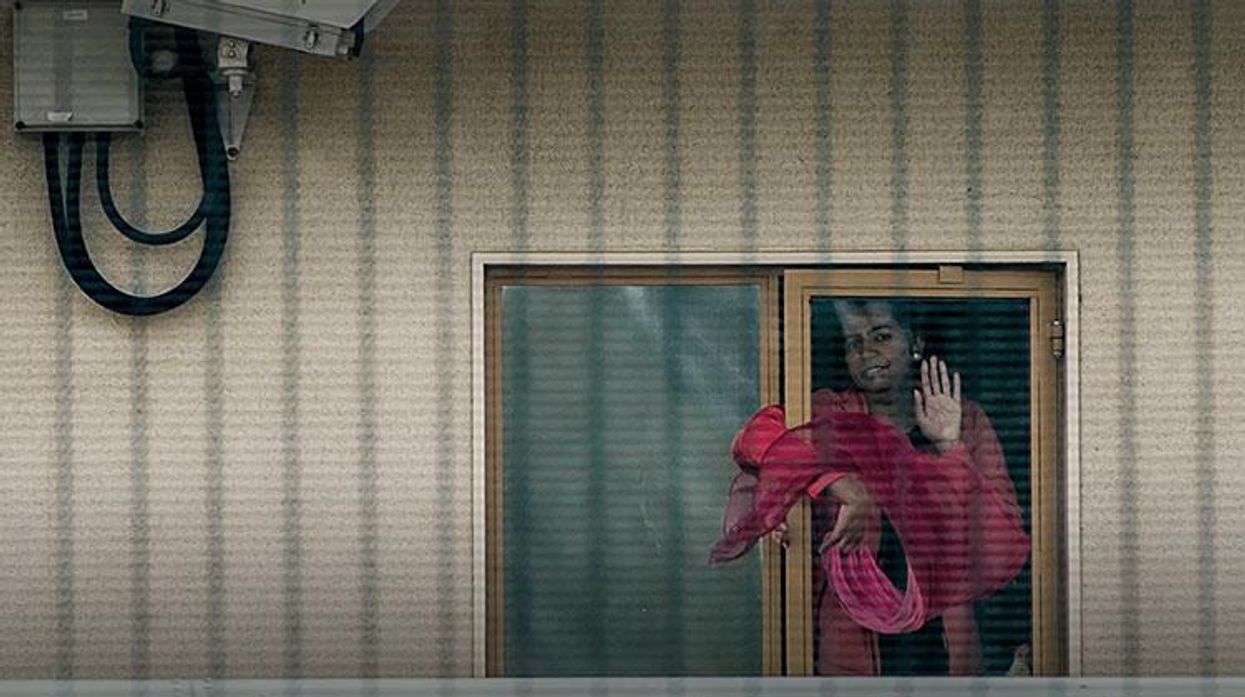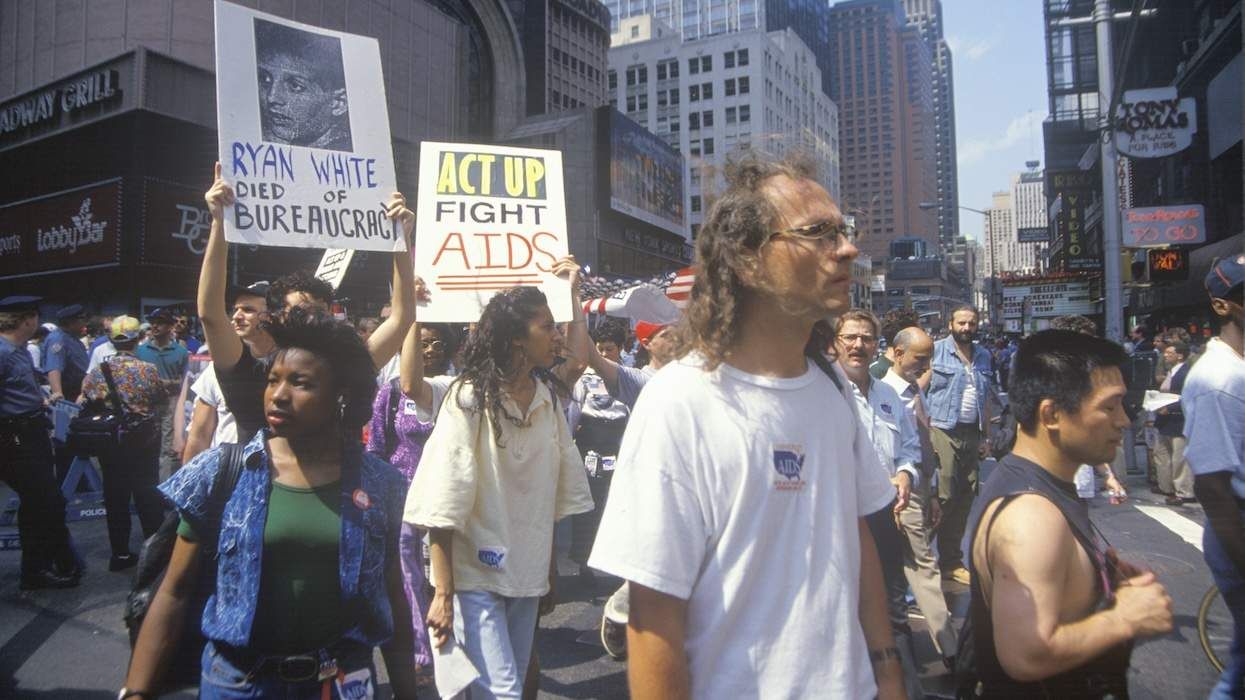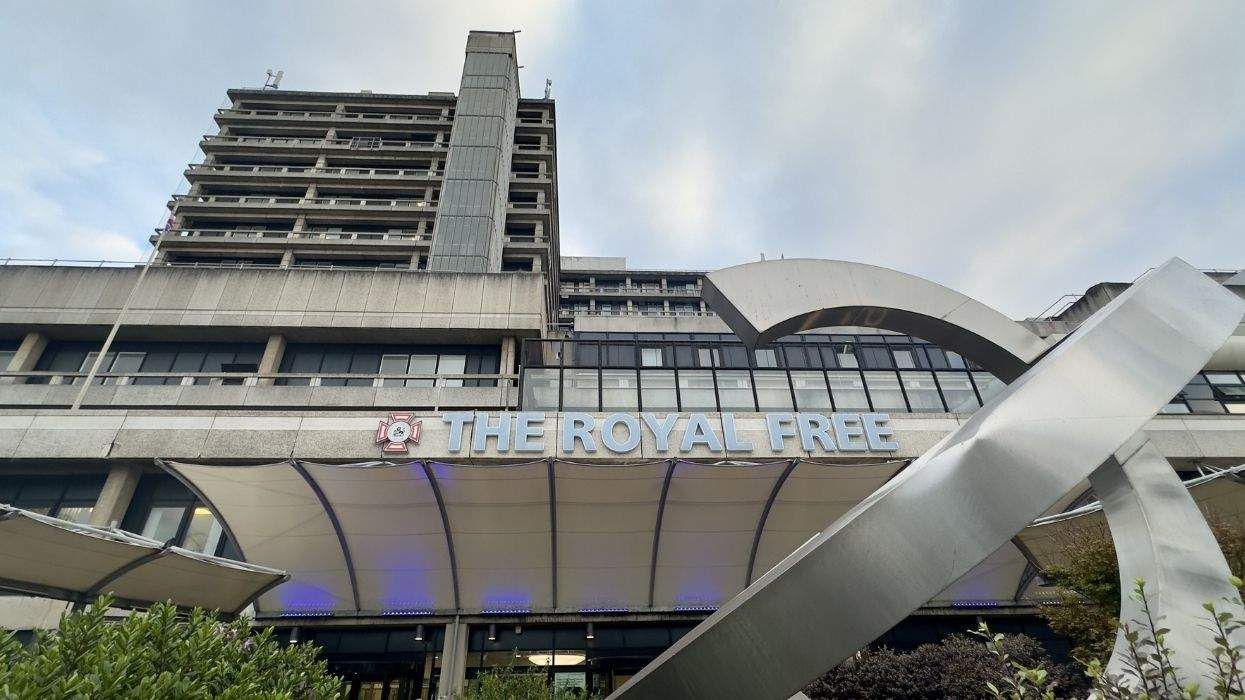Julieta worked for years as a hair stylist in Guadalajara, Mexico, and enjoyed visiting her elderly mother on weekends. But like
many transgender women in Mexico, she faced daily threats of violence and abuse. In February of last year, things took a dramatic turn for the worse, when, Julieta says, she was kidnapped by gang members who demanded money from her and then took her to a remote warehouse where they tortured and abused her.
Julieta, whose name we changed for her protection, fled several days later to seek asylum at the U.S.-Mexico border. U.S. immigration authorities detained her, housing her with men, which put her in more danger, and she says that they denied her necessary medical treatment.
A
recent Human Rights Watch report found that Julieta's story is not unique. Many
transgender women, like other asylum seekers, are detained when they arrive in the U.S. to seek protection from violent abuse in their home countries. The California State Senate took meaningful action to protect these women and others who are uniquely vulnerable to abuse when it passed a bill on June 1 to improve protections for transgender women and other lesbian, gay, bisexual, and transgender people in immigration detention. The California State Assembly is expected to vote on the measure in August.
In detention, transgender women often face degrading and abusive treatment by guards, and in many cases,
physical and sexual abuse. The government introduced a
new policy last year to address some of these concerns, but its response has failed to ensure that transgender women will be held in safe and humane environments. Even under the new measures,
some transgender women are still housed with men or are kept in prolonged solitary confinement.
A majority are now in a specialized unit apart from the general population in Santa Ana, Calif. But Human Rights Watch found that many of the women detained there experienced
degrading and abusive treatment by guards that they described as profoundly traumatizing. Many of those interviewed said they were forced to undergo
nude strip searches conducted by male guards, while others said they spent many hours of the day needlessly locked in isolation.
Until the US government overhauls immigration detention practices for transgender women and dramatically expands the use of
alternatives to detention, many of these abuses are likely to continue. But California can build on recent progress and take significant steps to address this situation.
The bill passed by the State Senate includes key protections for transgender women and other LGBT people. It bars detention facilities from placing people in
solitary confinement solely on the basis of their sexual orientation or gender identity, and requires them to
provide proper access to HIV-related treatment and gender-affirming hormones.
California state senators have taken a bold step to address the systemic violence and discrimination facing transgender immigrants in the U.S. State Assembly members should also approve the bill and make a commitment to protect a vulnerable group of people within an already vulnerable community, while setting a model for states around the nation.
ADAM FRANKEL is a coordinator in the LGBT rights program at Human Rights Watch. BAMBY SALCEDO is president and CEO of the Translatin@ Coalition. 



































































Charlie Kirk DID say stoning gay people was the 'perfect law' — and these other heinous quotes